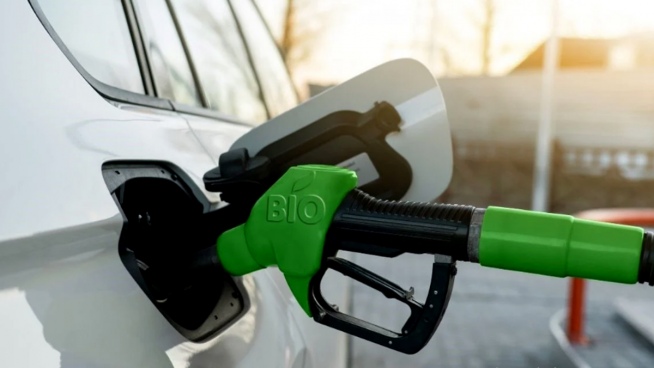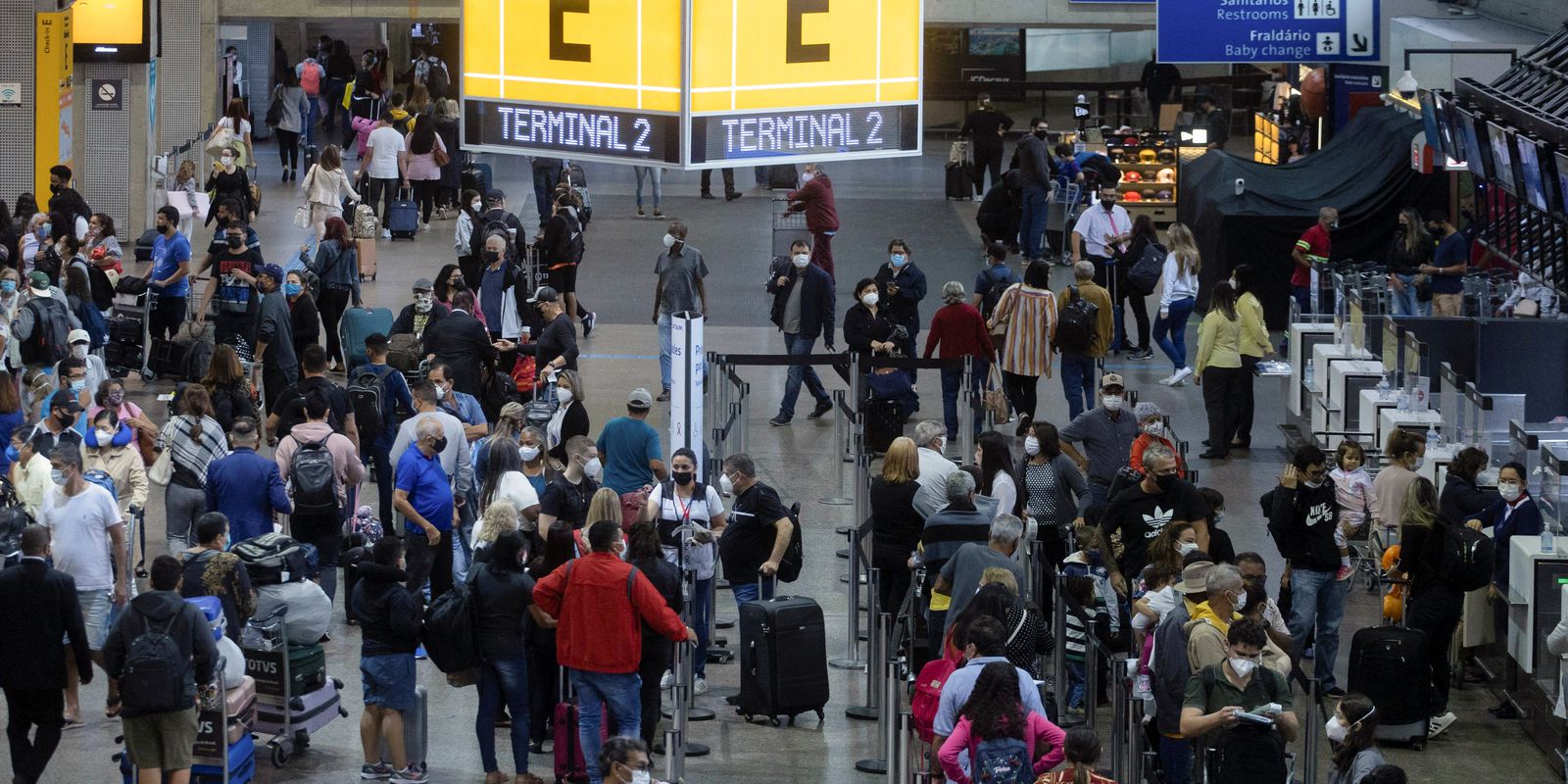The national government ordered a set of measures to ensure the supply of diesel, increasing the percentage of biodiesel cut and granting tax benefits to its importation.
The measures were taken respectively through resolution 438/2022 of the Ministry of Energy, the Necessity and Urgency Decree (DNU) 330/2022 and decree 329/2022, all published this Thursday in an extraordinary supplement to the Official Gazette.
The biodiesel cut went from the current 5% to 7.5% of the total volume of diesel according to the resolution, but in the DNU (which modifies aspects of Law 27,640) it provides an additional 5 percentage points more exceptionally for 60 days.
For its part, through decree 329 The Internal Fuel Supply Incentives Regime (Riaic) was created, through which refiners may request an amount equivalent to what they must pay as taxes on Liquid Fuels and Carbon Dioxide on imports of diesel.
with the first two It is expected to “increase the national supply of diesel by about 90,000 cubic meters per month,” said the Secretary of Energy, Darío Martínez.who stressed that the regulations were sanctioned “by express instruction of the president” Alberto Fernández.
Likewise, The Minister of Agriculture, Livestock and Fisheries, Julián Domínguez, pondered the decision of the national government to increase the mandatory cut of diesel with biodiesel to alleviate fuel supply problems, and assured that they are working so that “Argentina continues to grow”.
“The center of our policies are the producers. President Alberto Fernández decided, in the context of the war crisis and fuel shortages, to raise the cut of diesel with biodiesel,” Domínguez said on his official Twitter account.
The Energy resolution established that “all liquid fuel classified as gas oil or diesel oil that is marketed within the national territory must contain a mandatory percentage of biodiesel of 7.5%, in volume, measured on the total amount of the final product.”
This new percentage implies an increase of 50% over the current 5%, as announced on Wednesday by Fernández and the Chief of Staff, Juan Manzur, in addition to the Ministry of Economy through a statement.
The DNU, for its part, determined that additionally and for a term of 60 calendar days, the “Additional Transitory Mandatory Cut-Off Regime for Biodiesel” (Cotab) will be in force, aimed at increasing the supply capacity of grade 2 diesel and 3rd grade”.
With this regime, an additional and temporary compulsory cut of biodiesel of 5% was established “in an exceptional and transitory manner”, with respect to the current compulsory cut.
The additional volume “may be freely contracted by the Refineries among all the producers with a maximum price equal to the import parity of Gasoil”, Martinez clarified.
Regarding imports, the benefit applies to refining companies and will be equivalent to the amount they must pay for Taxes on Liquid Fuels and Carbon Dioxide.
In the case of integrated refineries, an amount equivalent to the result of multiplying the previous one by “150% of the volume of crude oil supplied to refineries identified by the Enforcement Authority as Small Refineries of Affected Regions” will be added, the decree said.
The rule clarified that these small refineries will be selected provided that “for reasons related to their geographical position, due to the declining situation of the crude oil basin from which they are mainly supplied and/or due to the lack of local crude supply under market conditions, unable to use their refining capacity to the maximum, for up to a volume equivalent to 20% of the refining capacity of the small refiner supplied”.
In the recitals of the DNU it was indicated that “Faced with this scenario of scarcity and high prices of diesel, together with a growing increase in domestic demand and inconveniences in the logistics of imports of said fuel that makes it difficult to adequately and completely supply the volumes required by the Argentine market, it is essential ensure the supply of the internal diesel market”.
“Given this, it becomes essential to adopt temporary and palliative measures in order to provide predictability and certainty to the availability of this essential fuel for multiple uses, including and mainly transportation,” he added.








